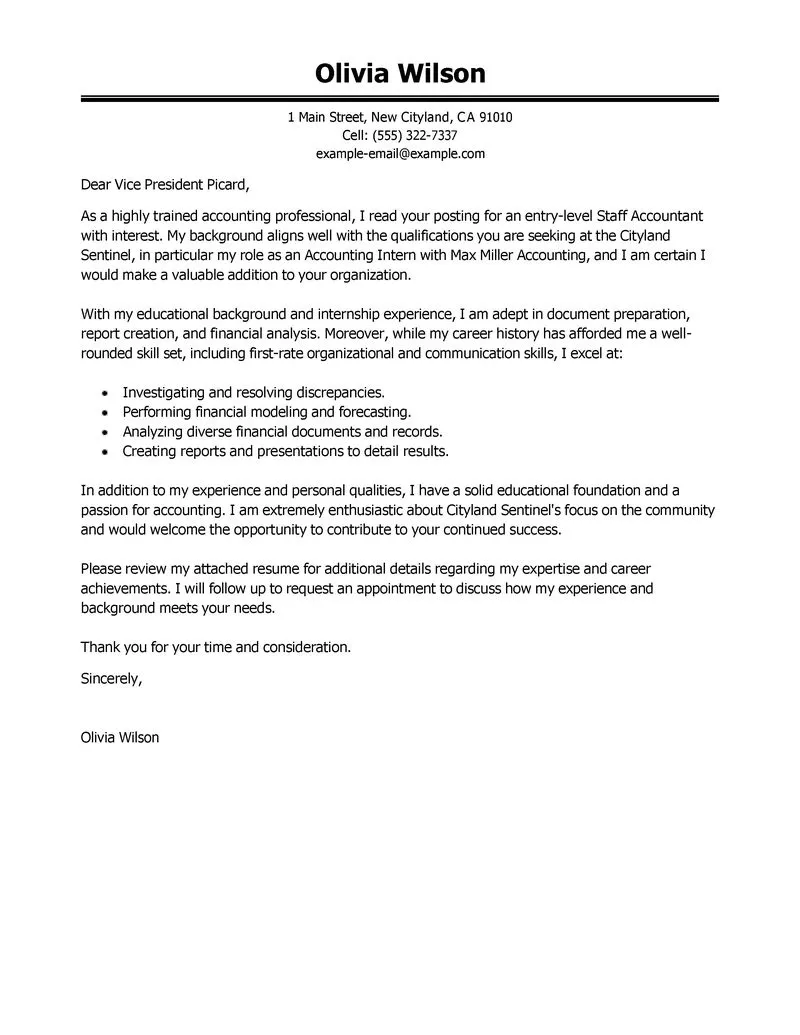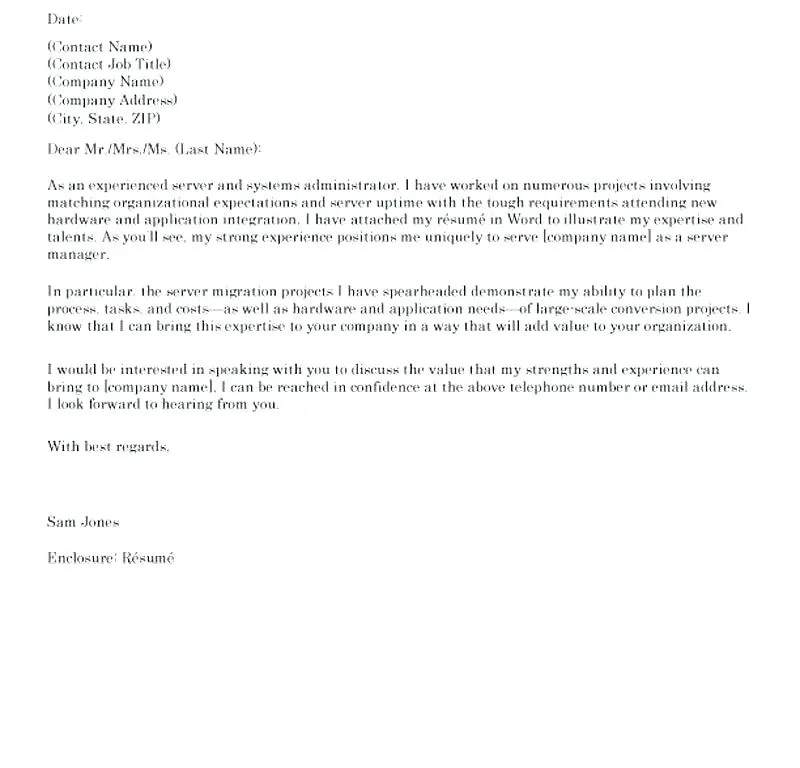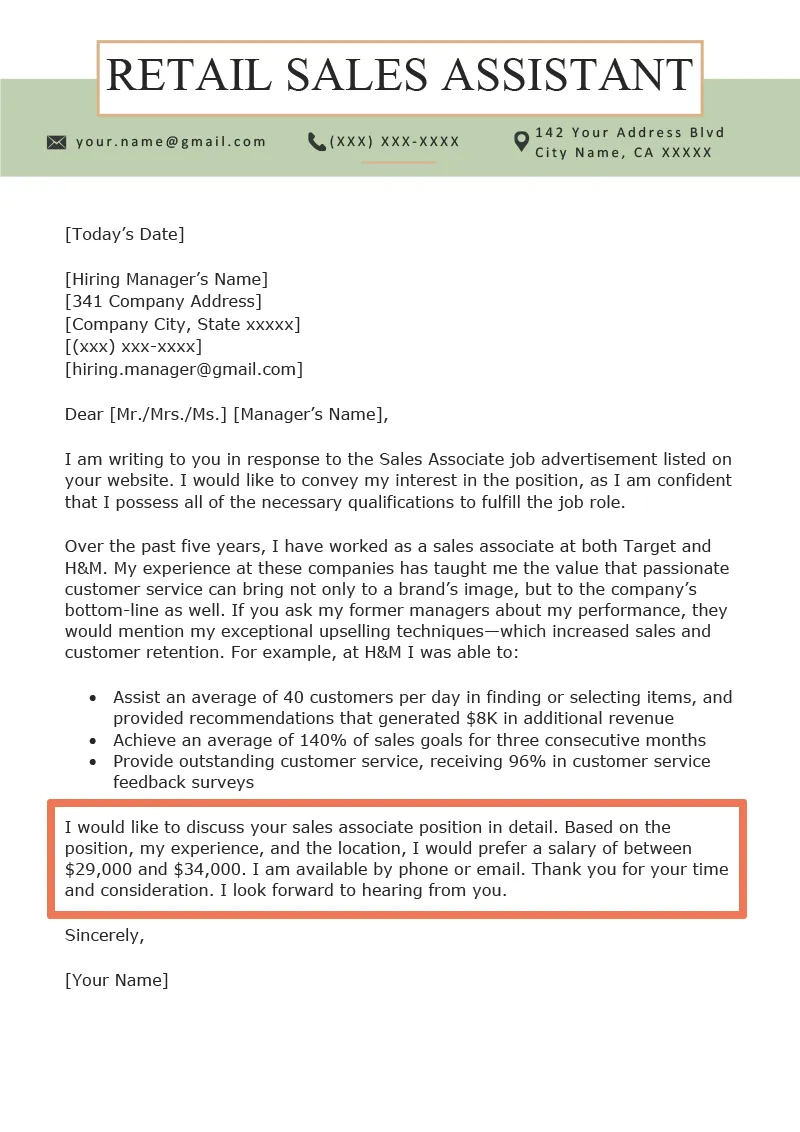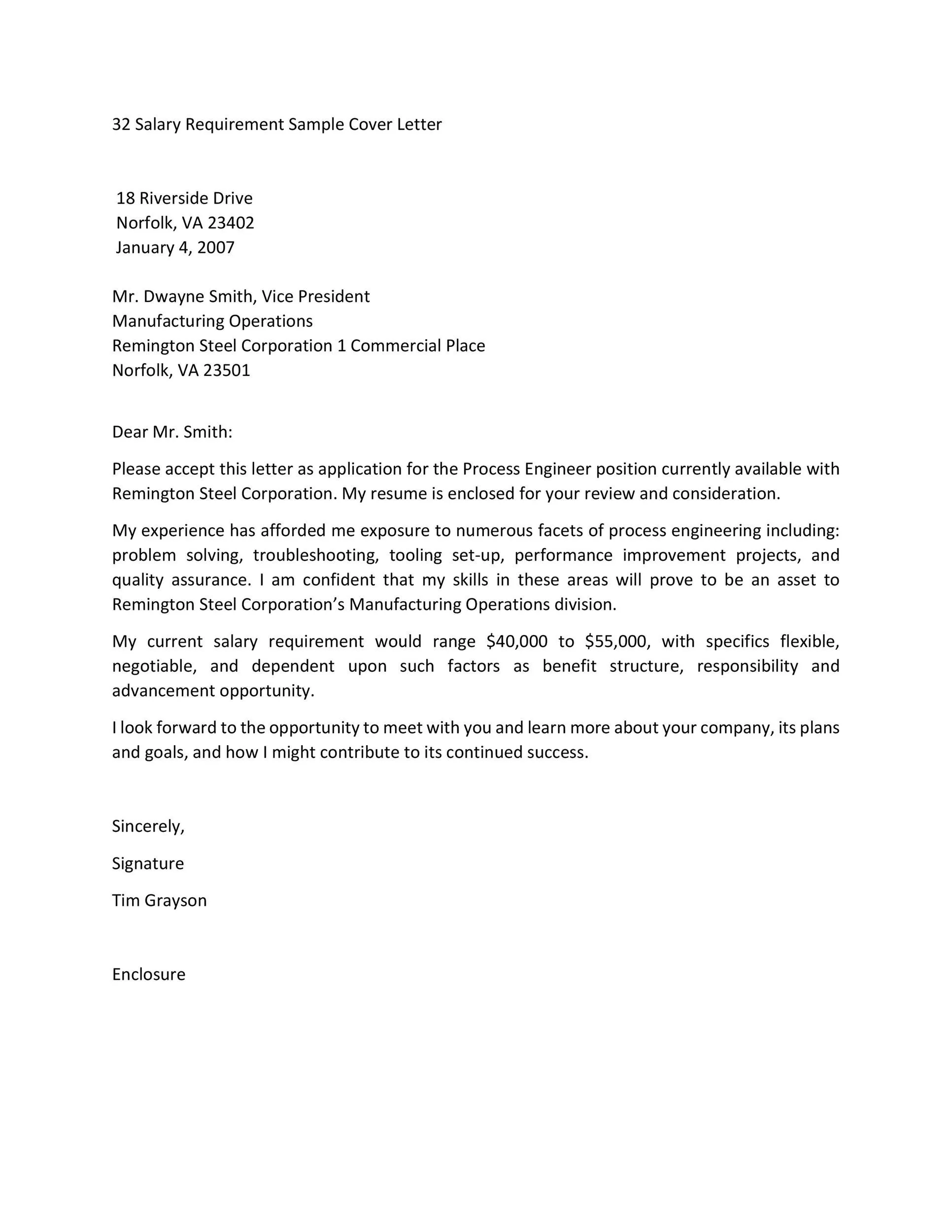Why Include Salary Expectations in Cover Letter?
Including salary expectations in your cover letter can be a strategic move, but it’s not always necessary. The primary reason to include this information is to align your expectations with the employer’s budget early in the hiring process. This upfront disclosure can save both you and the employer valuable time if your salary requirements are vastly different from what the company can offer. It also demonstrates your understanding of the job market and your financial needs. If the job posting specifically requests salary expectations, it’s almost always a good idea to provide them. However, if the posting doesn’t ask, or if you’re unsure, it’s often safer to defer the discussion until a later stage, such as the interview. This approach gives you more leverage during negotiations and allows you to better assess the overall compensation package, including benefits and perks, before settling on a specific number. Consider the industry, the company’s size, and the specific role when deciding whether to include this information.
When to Mention Salary Expectations
Timing is crucial when addressing salary expectations. As mentioned earlier, always follow the job posting’s instructions. If the posting asks for salary requirements, include them in your cover letter. However, if the posting doesn’t mention salary, or if you’re responding to a generic job posting, consider waiting. It’s often better to bring up salary expectations during the interview process, after you’ve had a chance to learn more about the role and the company. This allows you to base your expectations on a clearer understanding of the job responsibilities, the company culture, and the overall compensation package. In some cases, you can also defer the conversation until the offer stage, giving you maximum leverage. Always be prepared to discuss your salary expectations, but be strategic about when you reveal them. Another good time is in the recruiter phone call. If they ask, have an answer ready.
How to Research Salary Ranges

Thorough research is essential to determine appropriate salary expectations. Start by using online salary tools such as Glassdoor, Salary.com, and Payscale. These resources provide salary ranges for various positions based on location, experience, and industry. When using these tools, be as specific as possible with your job title and location. Consider the cost of living in the area where the job is located, as this significantly impacts salary levels. In addition to online tools, research industry reports and surveys. Professional organizations often publish salary data specific to their fields. Networking with professionals in your field can also provide valuable insights. Reach out to contacts on LinkedIn or attend industry events to learn about current salary trends and ranges. Remember to factor in your experience, education, and skills when determining your expectations. Tailor your research to the specific job and company you’re applying for to ensure your expectations are realistic and competitive.
Where to Place Salary Expectations in Cover Letter
If you choose to include your salary expectations, the best place to mention them is in the closing paragraph of your cover letter. This placement allows you to summarize your qualifications and express your interest in the position before addressing salary. Keep the statement concise and professional. You can either state your desired salary range or indicate that your expectations are flexible and negotiable. When stating a range, provide a realistic and well-researched figure. If you prefer to defer the discussion, you can use a statement like, “My salary requirements are open to discussion and will be based on the responsibilities of the position and my qualifications.” Remember to always tailor your approach to the specific job posting and the company’s culture. Avoid being overly assertive or demanding. Instead, express your expectations confidently and professionally. Your goal is to demonstrate your understanding of the job market while also expressing your value.
Writing a Strong Salary Expectations Statement
Crafting a strong salary expectations statement involves balancing directness with flexibility. Start by stating your desired salary range or indicate your willingness to negotiate. Always base your expectations on your research and understanding of the job market. Avoid using vague phrases such as “competitive salary” or “negotiable.” These statements can be perceived as evasive and may not provide the employer with the information they need. Be specific but allow for some flexibility. If you state a range, make sure it is realistic and aligns with the company’s budget and your experience. When you’re unsure, you can also suggest that you are open to discussing salary based on the role’s responsibilities and your qualifications. Ensure your statement aligns with your overall tone and professionalism. The goal is to demonstrate that you have a clear understanding of your value while also being open to finding a mutually beneficial agreement. Be confident, informed, and reasonable in your approach, and it will increase your chances.
Examples of Salary Expectation Statements

Here are a few examples of salary expectation statements you can adapt for your cover letter:
For a range: “Based on my research and experience, I am seeking a salary in the range of $X to $Y.”
For flexibility: “My salary expectations are flexible and will be based on the responsibilities of the position and my qualifications. I am eager to discuss this further during an interview.”
If the posting requests a specific number: “My desired salary is $Z, which aligns with my research and experience in similar roles.”
When unsure or deferring: “I am confident that my skills and experience align well with the requirements of this position, and I am eager to discuss salary expectations during the interview process.”
Adapt these examples to reflect your specific circumstances. Be sure to tailor the language to the job posting and the company culture. Always be professional, confident, and transparent in your approach. These examples provide a strong foundation for including salary expectations effectively in your cover letter. The best approach depends on the job posting and your own comfort level. Choose the one that best fits your situation.
Avoiding Common Mistakes in Salary Expectations
Several common mistakes can undermine your salary expectations. Avoid stating an unrealistic salary range or a number that is too high or too low. Doing so could lead to your application being immediately rejected or might undervalue your skills. Never provide an arbitrary number without conducting thorough research. Another mistake is being overly vague or using phrases like “negotiable” or “competitive” without providing any specifics. This can make you appear unprepared or disinterested. Don’t focus on salary alone without considering the overall compensation package, including benefits, bonuses, and other perks. Always tailor your statement to the job posting and avoid using a generic, one-size-fits-all approach. Lastly, be prepared to back up your expectations with evidence, such as your experience, education, and skills. By avoiding these mistakes, you can effectively communicate your value and increase your chances of receiving a competitive offer. Be prepared to discuss salary during the interview, even if you deferred the question in your cover letter.
Following Up on Your Salary Expectations
If you’ve included salary expectations in your cover letter, be prepared to discuss them further during the interview process. When the topic arises, refer back to your research and explain the basis for your expectations. If the company’s budget is lower than your desired range, be prepared to negotiate. Determine your “walk-away” point – the lowest salary you would accept – before the interview. Be open to discussing other aspects of the compensation package, such as benefits, bonuses, and professional development opportunities. If you deferred discussing salary in your cover letter, the interview is the ideal time. After the interview, reflect on the conversation and consider whether your expectations need adjusting. Following up with the hiring manager or recruiter can also be beneficial. Use a thank-you note or email to reiterate your interest in the position and your salary expectations. Express your flexibility while staying firm on your minimum requirements. Following up demonstrates your continued interest and reinforces your professionalism. The key is to be prepared, informed, and proactive.
Salary Expectations and Negotiation Tips

Effective salary negotiation is essential for securing fair compensation. Begin by understanding your value. Research industry standards and consider your skills, experience, and the value you bring to the company. During the negotiation, be confident and professional. State your desired salary and be prepared to explain why. If the initial offer is below your expectations, don’t immediately reject it. Instead, counteroffer with a reasonable salary range. Be prepared to discuss the details of the role and the company’s financial position to justify your requests. Consider the entire compensation package, including benefits, bonuses, and other perks. Sometimes, a lower salary might be acceptable if the benefits package is strong. Don’t be afraid to ask for what you deserve, but always remain respectful. If the company cannot meet your salary expectations, you can explore alternative options. Ask about the possibility of future salary increases or performance-based bonuses. Always be prepared to walk away if the offer doesn’t meet your minimum requirements. Salary negotiation is a critical skill that can significantly impact your overall earnings.
In conclusion, addressing salary expectations in your cover letter requires careful consideration and strategic planning. By understanding when to include salary expectations, researching appropriate salary ranges, and crafting a strong statement, you can effectively communicate your value and increase your chances of securing a competitive offer. Remember to tailor your approach to the job posting and the company culture. Be confident, informed, and professional throughout the process. Successful salary negotiation can lead to a more fulfilling and financially rewarding career. By following the tips in this guide, you’ll be well-prepared to navigate this important aspect of the job search process. Good luck with your job search!
